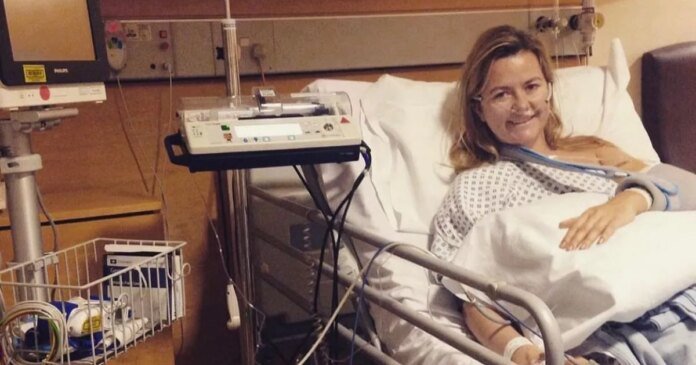Amelia Peckham’s life took a dramatic turn at 19 when she was involved in a quadbike accident that significantly impacted her mobility. While undergoing physiotherapy in the hospital, a casual remark from a visitor shook her to the core. The comment, “Honestly, you are amazing for carrying on. I’d rather be dead,” made her question her own perseverance.
Determined to regain movement and independence, Amelia faced a series of disheartening encounters as she left the hospital with mobility aids, a reality shared by approximately 4.3 million individuals in the UK grappling with mobility issues, the most prevalent form of disability. Public scrutiny, shame, and even abuse are common challenges for those relying on mobility aids.
Research by Amelia’s company, Cool Crutches & Walking Sticks, revealed that 93% of people using walking aids feel scrutinized in public, with three in five encountering negative or abusive comments. A Bupa study underscored the psychological impact of such incidents, leading to heightened anxiety and diminished self-esteem among disabled individuals. Cruel remarks, accusations of feigning disabilities, and personal attacks are distressingly common experiences reported by many.
Instances of sexual harassment directed at women using mobility aids were also uncovered, with appalling comments like “at least you can’t run away from me” being made. The survey highlighted the need to address societal misconceptions and prejudices towards disabled individuals.
Amelia, having navigated through the challenges of being young and visibly disabled, is determined to alter perceptions surrounding mobility aids. She envisions a future where these aids symbolize independence rather than shame, likening them to glasses that enhance one’s life. Her mission is to empower others to understand that reactions to disabilities reflect more about the observer than the individual facing those challenges, emphasizing the importance of acceptance and inclusivity.
As societal attitudes slowly evolve, Amelia remains steadfast in advocating for a world where disability is not stigmatized but embraced as a part of diversity and resilience.

